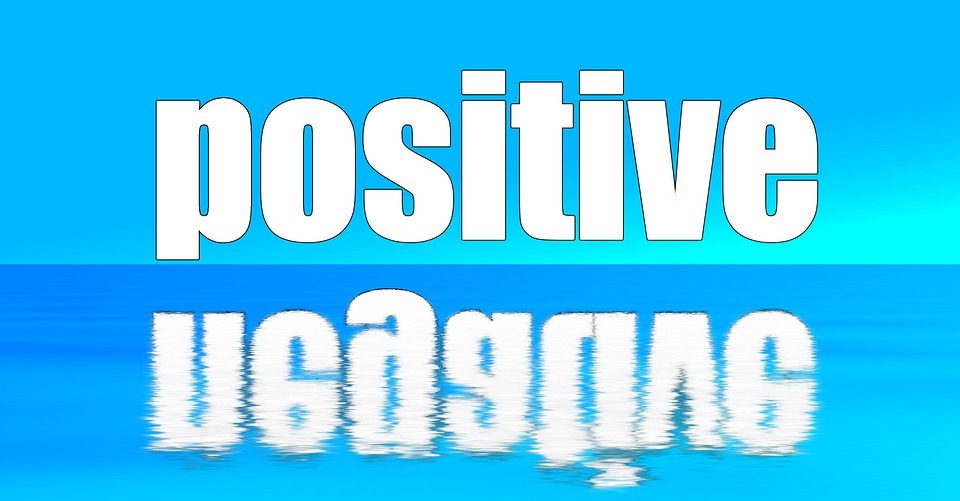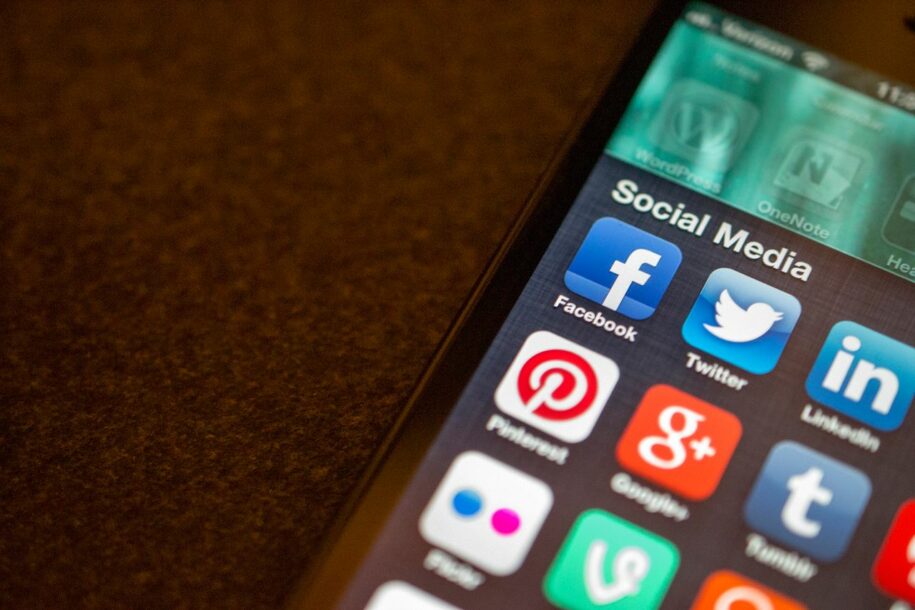In our world today, the use of social media can never go unnoticed. It has a thing or more to do with all aspects of our lives.
But have you ever stopped thinking about its impact on society? How has social media impacted society positively?
It’s a double-edged sword with advantages and disadvantages.
From connecting people worldwide to creating echo chambers, it has undoubtedly left its mark.
This article will compare all the sides: the positives and the challenges of social media that impacted society. We’ll also discuss tips on finding support when social media affects you negatively.
It’s going to be a good read; please continue.
What Positive Impact Does Social Media Have on Society?
Here are some of the positive impacts of social media on society:
- Better communication among people:
There is no denying that social media has made the world a global village. It is easier for people to connect with friends, family, and colleagues, regardless of their time and place.
- Access to Information:
Gone are the days when we relied on TV/Radio and newspapers for information. Today, social media provides a platform for people to access and share information, news, and opinions from various sources.
- Increased Political Awareness:
No serious politician can overlook the overwhelming benefits of social media. These platforms have given marginalized groups a voice and allowed for greater political activism and awareness.
- Economic Opportunities:
As they say – If your business is not online, you’ll soon be out of business. Social media provides a platform for entrepreneurs and companies to reach a wider audience, leading to new economic opportunities.
- Finding Support:
Social media can support individuals struggling with mental health issues by connecting them with like-minded people and resources.
- Emergency Response:
There are countless scenarios where social media played a crucial role in helping people in distress. It can rapidly disseminate information during natural disasters and other emergencies, helping coordinate a response.
- Staying Connected With Like-Minded People:
Social media allow us to interact with people who share the same interest as us. This help creates a sense of belonging and community. These virtual communities can provide support, encouragement, and a platform for discussion and growth. Social media has also made it easier for people to find and join advocacy groups and movements, allowing them to participate in social activism from the comfort of their homes. By connecting with others who share similar values and beliefs, individuals can feel empowered and motivated to positively impact their communities and the world at large.

Does Social Media Have a Negative Impact on Our Society?
The short answer is, Yes. In this section, we’ll answer the question – how has social media impacted society negatively?
Here we go:
- Addiction:
Excessive use of social media can lead to addiction, affecting individuals’ mental health and well-being.
- Higher levels of anxiety:
Experts have linked the use of social networking platforms to higher levels of anxiety in many individuals. The constant need to check for updates and the pressure to present a perfect image online can lead to feelings of inadequacy and negative body image. Additionally, social media algorithms often prioritize content that is designed to be provocative, leading to increased exposure to negativity and conflict.
This constant exposure to negativity and competition, combined with the pressure to maintain a perfect image, can contribute to feelings of anxiety and stress. Consequently, it is vital for individuals to be mindful of their social media usage and to set healthy boundaries for themselves to avoid feeling overwhelmed and anxious. This can include limiting screen time, unfollowing accounts that cause stress, and focusing on self-care and real-life connections.
- Spread of Misinformation:
The spread of misinformation on social media has become a major concern in today’s society. The rapid speed at which information can spread online, combined with the ease of spreading false information, has led to confusion and misinformation on a large scale.
This can lead to negative consequences, such as spreading conspiracy theories and promoting harmful beliefs and practices. To combat the spread of misinformation on social media, it is crucial for individuals to critically evaluate the information they encounter online and to seek out credible sources.
- Cyberbullying:
Reports suggest that a whopping 79% of kids on YouTube are likely to be bullied. Sadly, 20% of kids bullied online contemplate suicide. This criminal act on social media has become a major concern today. The anonymity and reach of the internet can provide a platform for individuals to engage in cyberbullying, harassment, and hate speech.
This type of behavior can have a profound impact on the mental health and well-being of those who are targeted. Cyberbullying can be particularly harmful because it can follow individuals everywhere they go, affecting them 24/7 and often amplifying the reach and severity of the bullying. Individuals need to be aware of the potential for bullying on social media and to take steps to protect themselves, such as limiting their online exposure or reporting abusive behavior to the platform.
- Decreased Face-to-Face Communication:
A recent survey indicated that 74% of young adults reported using their phones in the presence of their friends and families. This implies that people rarely communicate in the traditional way they used to. Hence, decreasing face-to-face communication and real-life social skills.
- Privacy Concerns:
Giants like Google, Apple, Facebook, and almost any major tech company you can think of collect their user data for marketing purposes. This collection of personal data raises privacy concerns, as well as the risk of data breaches and the potential for misuse of personal information.
Companies may sell or share this data with third-party entities, increasing the risk of privacy violations. It is vital for individuals to be aware of these privacy concerns and to take steps to protect their personal information, such as using privacy settings, being cautious about the information they share online, and regularly checking their credit reports.
- Echo Chambers:
Social media algorithms tend to show individuals content that aligns with their existing beliefs and opinions, creating echo chambers and limiting exposure to diverse perspectives.
Conclusion
There you have it – an overview of social media platforms and their influence on our lives. We hope this article has helped answer the question – how has social media impacted society? As you can see, it can be both positive and negative. However, it’s always best to use social networking platforms beneficially. This way, we can stay connected, share ideas, and be entertained without harming our mental and physical health.
- How to Create a Winning Social Media Strategy for Your Business? - octobre 12, 2023
- Elevate Your Online Presence: Tips for Better Social Media Use - octobre 12, 2023
- The Ultimate List of Top Social Media Apps and Sites - octobre 12, 2023

